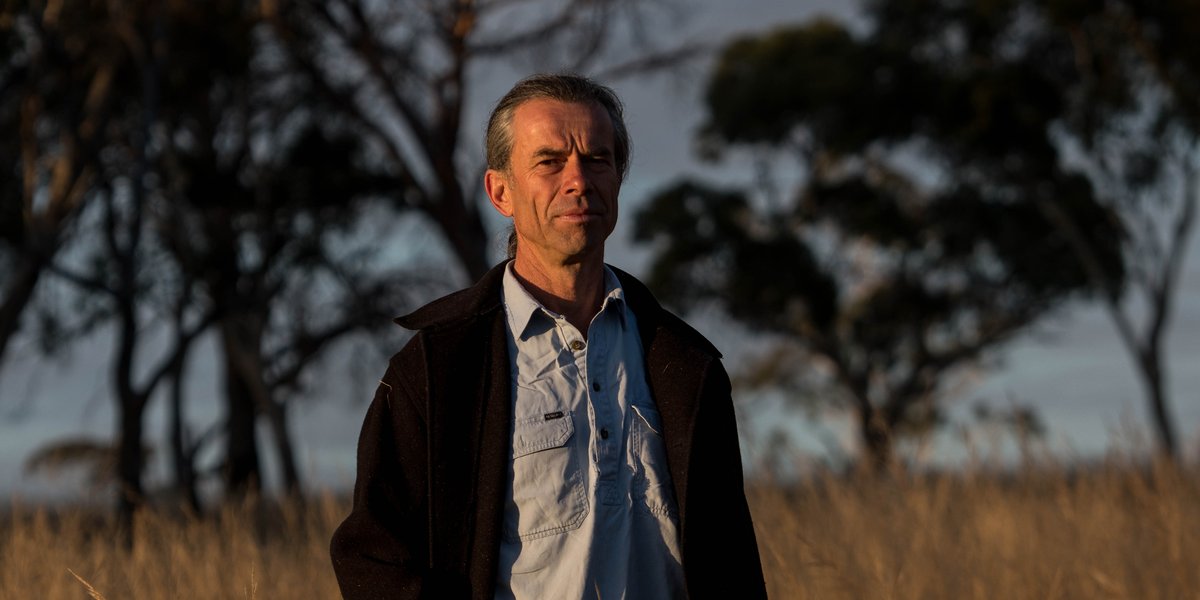Jeanette James
"My mother taught me to collect shells in my early thirties. It soothes the soul. The world slows down. It’s very quiet."
"Flinders Island was home to my grandparents, to my mother, and to me as a child. Whilst it’s a collecting area it’s also family memories, it’s children playing on the beach and collecting shells for my grandparents."
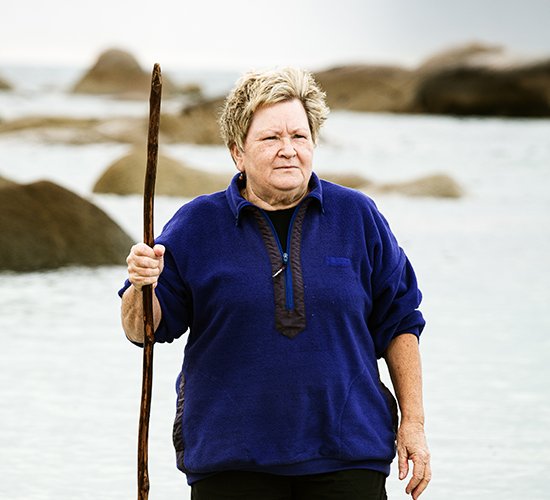
“Where else can you walk around a beach and not see anyone else but in Tasmania? It’s a little bit isolated, but that’s possibly why people are coming here. You can find solitude even in the city.
Flinders Island was home to my grandparents, to my mother, and to me as a child. Whilst it’s a collecting area it’s also family memories, it’s children playing on the beach and collecting shells for my grandparents.
My mother taught me to collect shells in my early thirties. It soothes the soul. The world slows down. It’s very quiet.
I like doing intricate things. I enjoyed the collecting and all the processes, and it was a family tradition. The obligation was there. But I had to make sacrifices to do that because I was working full time. For twenty years my holidays were devoted to shell collecting and learning. In the busy world of today, learning something that is so hard to do… people don’t have the time. It was expensive. It was hard. But it wasn’t a hardship.
It tended to be only a couple of families. We heard stories in the early days of shopkeepers taking necklaces as payment for groceries. People bought necklaces off my grandmother, so it was a source of income at one point. It just was. There was no thought of culture at the time, as an activity we had to continue. It might have been frowned upon, if it was thought of in that way.
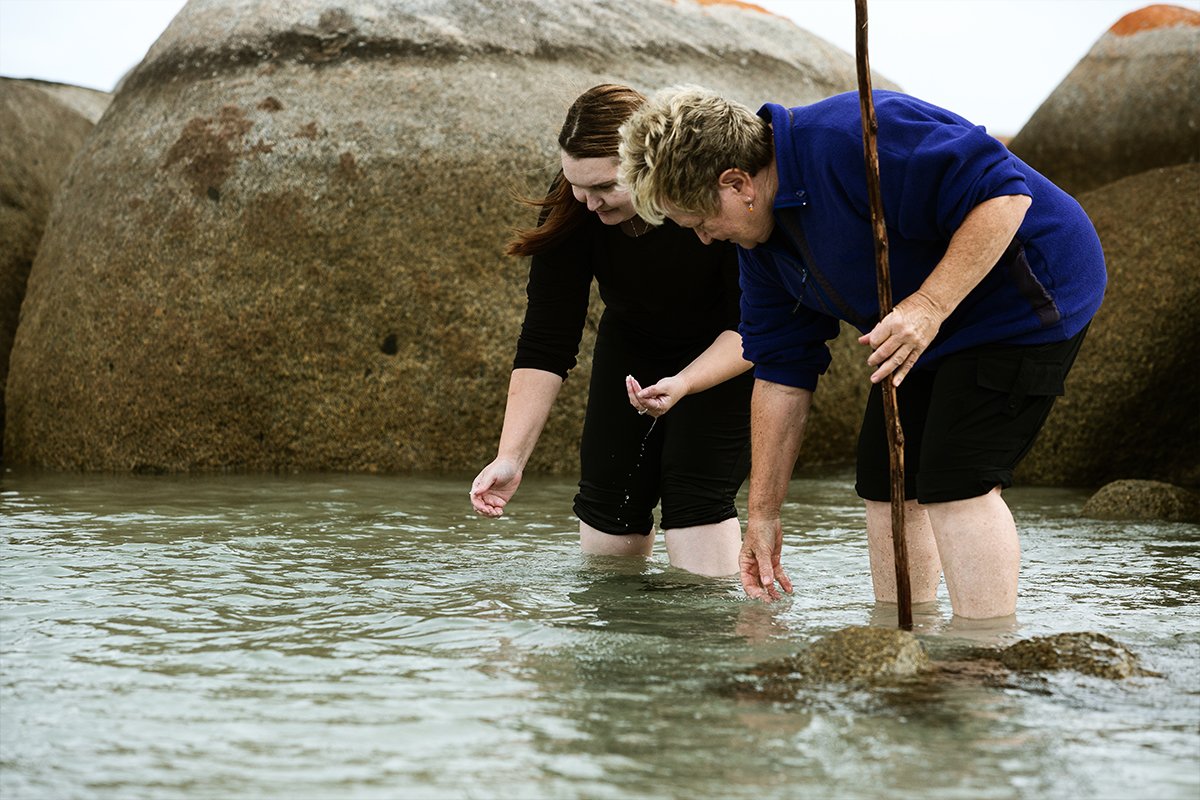
You look back and think: ‘Why didn’t I ask more questions?’ It was just something that was done. We made objects for many years.
For fifteen years I probably only made a couple of necklaces a year. Today I have a contemporary line of jewellery and my traditional work as well. The advice I give to young people is: you have to go collect your shells. I can’t teach you anything until you have shells.
There is some connection to the past. It’s there. You spend hours and hours and never dislike it. Because it’s something we’ve always done, we didn’t think it was anything special at the time. Probably Tasmanians don’t realize what a jewel they have, as a cultural aspect, something that has been handed down through generations – in some ways unknowingly.
To have a cultural activity that hasn’t changed in centuries is pretty special. And when you travel internationally, people know about it.
My work, and mum’s work, are in America and Singapore and Italy and England, all over the place. I’ve come across necklaces from other cultures that are similar. I found a necklace in South America, in a museum: another culture made that necklace in another century and you think it could have been made here.
I’m sure it will continue. My mother taught me. She was the stringer and the maker. I used to go collecting with her. I miss Mum. We went from two people doing it to one, and it’s hard to lose a person’s input. The men have always helped us, in our family. My sons help me. They know the processes because they have daughters, so they can pass it on.”
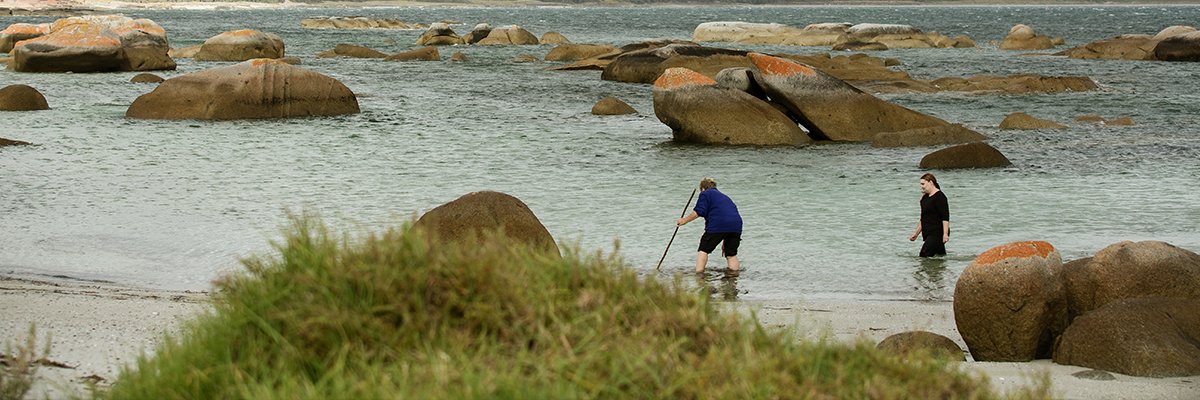
Jeanette James is one of 18 Tasmanians featured in our short film about the Tasmanian story. Jeanette's scene was filmed at Allport Beach, Flinders Island.
Read about more Tasmanians
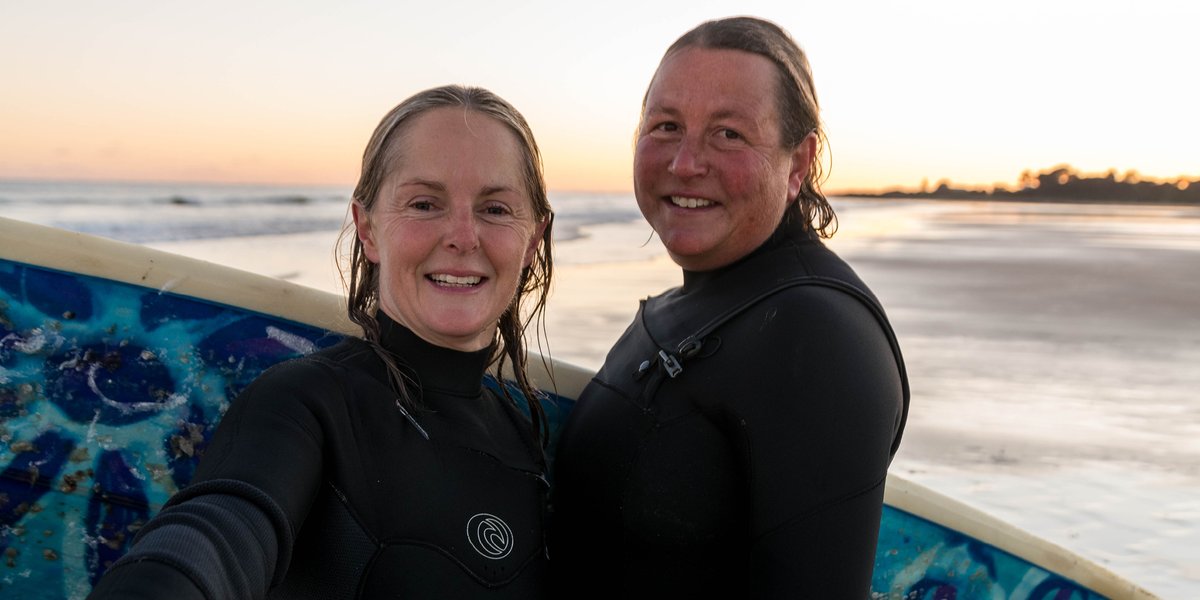
Natalie Potter & Emily Versluys
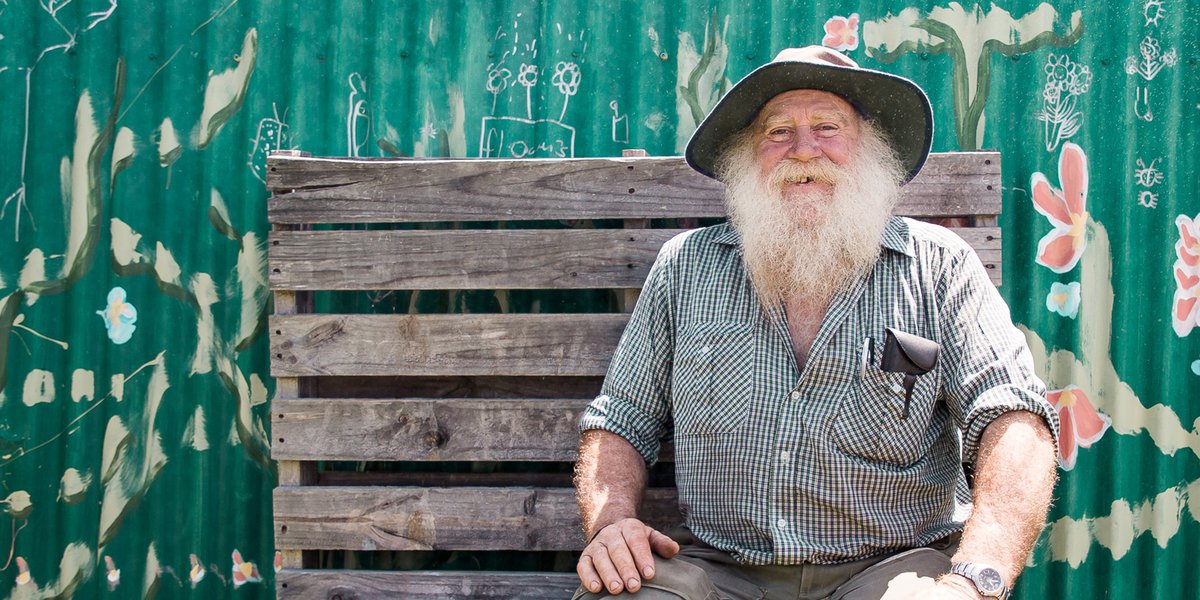
Peter Richards
